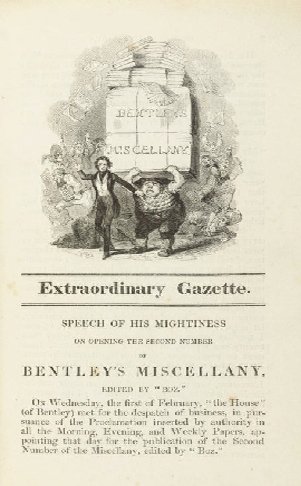The Long and the Short of It
Are you loquacious? One of the first times I met with my husband’s then- 98 year-old grandfather (he lived to be almost 103), he said to me, “Virginia, you are loquacious.” I think he meant it as a compliment but I wasn’t too sure at the time.
Do you ramble with a story or are you like Joe Friday, “Just the facts, ma’am”?
I find it interesting that in reading the NYTimes online, they will print at the beginning of the article, an amount of time it will take to read it. For instance, “5 minute read or 3 minute read”. Apparently many sites will give you the heads up about reading time. As an archived NYTimes post from 2014 states, in the old days, it was the headlines, photos and bylines of the journalists that would cause people to read an article. Now there is the option of how long it might take them.
Whether a piece is wordy or not is not anything new in the world of words and reading. Charles Dickens was a serial magazine writer. He got paid by the word. Hence his books are long and wordy. In some of his work, it might take a page to find the period at the end of a very long run on sentence. That wordiness can be difficult to read and comprehend and can also put one to sleep. When I was a kid, I used to be able to read in the car. At the time, I was reading Great Expectations. In school, we had learned that his work was meant to be read aloud: think of the Victorian family, gathered around in the parlor with papa reading from the latest edition of the magazine. So while on a family car trip, I began reading out loud the novel. Finally my dad, who was driving, said, “Honey, please do not read anymore. You are making me fall asleep.” Whether that was due to the cadence of my reading skills or the wordiness of the story, we will never know.
I heard the novelist Sir Ian Rankin in an interview stating that he likes short stories. He has written a bunch and thinks that perhaps the short story might make a comeback. In his opinion, it is the perfect length to read on a commuter ride, etc. Longer than a tweet or instagram but shorter than a novel or novella.
In some ways, I am not a big fan of the short story, especially if it is a subject that has some weight. I want all the information/words that I can find, whether it is fact or fiction. Yet, there is something of too much of a good thing. Especially in this day and age of the shortened attention span.
The Spokane Press. May 16, 1910.
Of course, there is Hemingway. As a former journalist, he was all about brevity and clarity. Nothing extraneous. His stories are all about the nouns and verbs. Action. Not much in the extra details and descriptions. The story goes that he had a bet with other writers about writing the shortest story (6 words). His words: For sale: baby shoes. never worn, won the bet. While there is a question as to his writing these actual six words (They weren’t attributed to him until 30 years after his death.), he did usher in the notion of flash fiction (called such in the 1990’s). Perhaps he had read the newspaper article in 1910 (see sidebar) and it always stuck with him?
The six-word story is definitely a way of honing one’s skills in telling a tight story. Similar to how haiku tightens poetry. It is a fun exercise to try and do. It is used not only to tell any story but it is also used as a form of memoir.
Larry Smith has gone on to use the six-word story in a way for others to tell their stories. He uses the six-word story in schools and prisons. Places where individual stories are overlooked.
In Larry Smith’s TED talk, (Click here to watch his TED talk) he explains the rationale in using six words to hear someone else’s story. Six words can help some people as they would not know how to begin. As he says, using six words gives a person a “spark- to start the conversation and essence- a way to sum it up”. In engaging with others about their stories, it is then good to use these three words, “tell me more” as a follow-up. He is devoted to the ordinary person and their story because we all have a story. Once we know someone else’s story, we have a better understanding of each other and our community. (Click here to read his website which has lots of ideas regarding the six-word memoir.)
What about you? Have you ever tried the six-word story or memoir? What six words would you use to tell your story?
If you have a six-word story, you can share it on the following website: https://www.sixwordmemoirs.com/community/contests/. Even if you do not share it there, you might want to share with family and friends. Get the ball rolling and perhaps they will share their six-word story/memoir with you. Once started, perhaps they will tell you more. What better way to get to know each other than by sharing the only thing we truly own, our stories.


